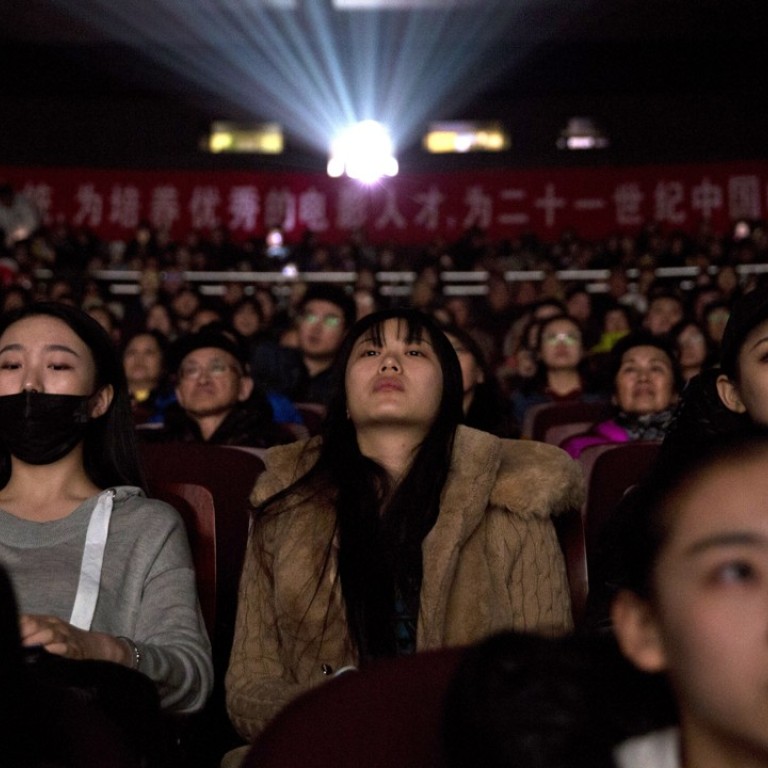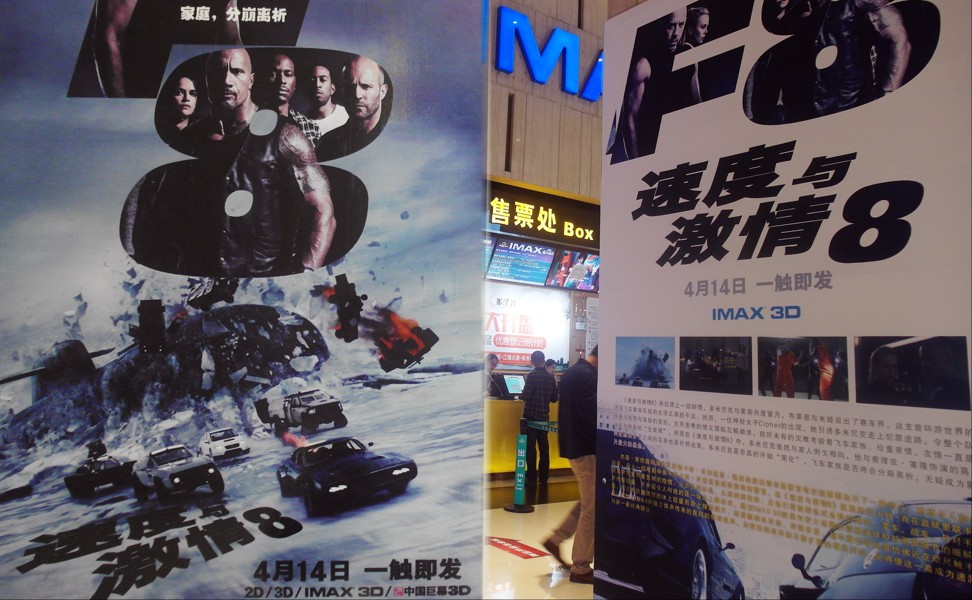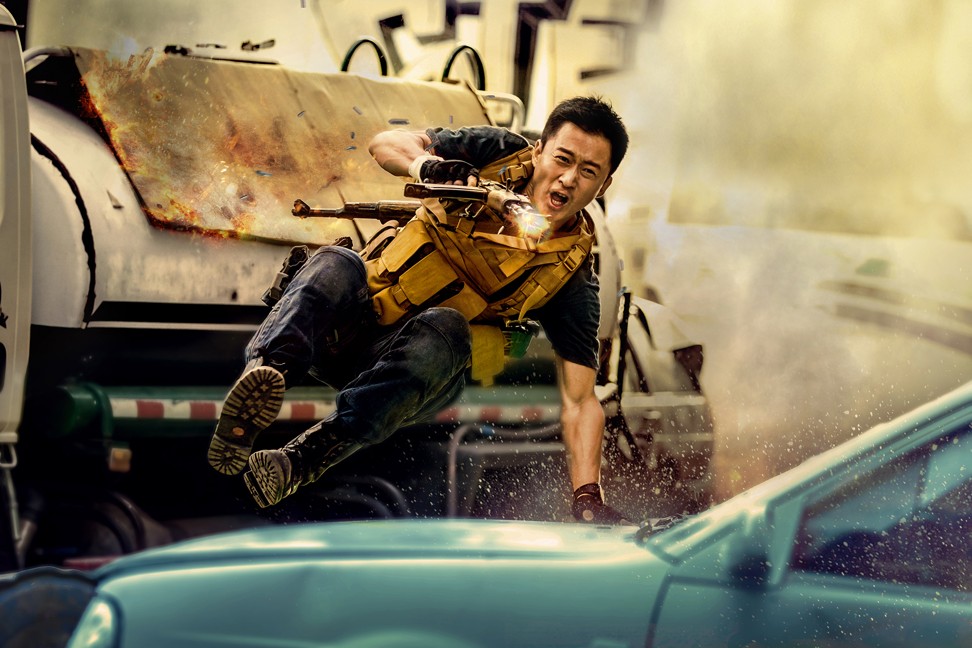
Hollywood on the edge of its seat waiting for China deal amid trade row
It won’t be on the front line of the conflict, but negotiations for agreement to import films into world’s biggest box office market may remain stalled
Negotiations between China and Hollywood may remain stalled as trade tensions heat up between Washington and Beijing, with the world’s two largest economies preparing to exchange billions in punitive tariffs on Friday.
Hollywood will not be on the front line of the trade conflict, given that measures China could levy against the liberal-leaning industry would do little to pressure US President Donald Trump, but its dependence on access to Chinese movie-goers still leaves it at risk, analysts say.
Discussions to renegotiate Hollywood’s agreement for importing films into China, on track to become the world’s largest box office market, have been stalled in the midst of the trade spat, with the Trump administration ready to slap US$34 billion in tariffs on Chinese goods at the end of the week.
Chinese films overtake Hollywood at the box office in the first half
The original five-year agreement – slated to be renegotiated early last year – allowed the United States to bring 34 films into China per year for distribution on a revenue-sharing basis, up from the original limit of 20, and raised revenue share from 13 per cent to 25 per cent.
Industry players such as Robert Cain, president of co-production company Pacific Bridge Pictures, say the ongoing trade dispute between Beijing and Washington has “thoroughly undermined” the negotiating position for the Motion Picture Association of America, the trade body for Hollywood’s six major film studios, and the US Trade Representative in talks with China.
“If Hollywood’s negotiators – the MPAA and USTR – had any hopes for improving their trade terms with China, those hopes have likely been thoroughly dashed by Donald Trump’s childish and dangerously ignorant trade tactics,” he said. “I expect that a significant number of Hollywood jobs will also be lost due to these extremely unstrategic policies.”

As ticket sales slow in the US, China’s film-goers helped its box office reach 55.9 billion yuan (US$8.3 billion) in 2017, an increase of 22 per cent. It also added over 9,500 screens around the country last year, the equivalent of around 26 new screens every day, according to data from London-based IHS Markit.
Even if Hollywood blockbusters flop in domestic box offices, the China market can more than make up for it, such as in the lopsided performance of fantasy film Warcraft. China made up half of its US$433 million global box office, compared with only US$47 million in the United States.
Hollywood watches and waits as China movie deal gets tangled in trade talks
Stanley Rosen, a specialist in Chinese politics and film at the University of Southern California, said the delay in film quota negotiations was a side effect of the trade tensions, but that China’s initial response would focus on areas that put more pressure on Trump’s political base such as agriculture-heavy industries in the Midwest.
“If Trump goes ahead and institutes the first wave of tariffs, the Chinese are certainly quite prepared to strike back,” he said. “But Hollywood is not going to be in the frontline in the early period … [Trump] is extremely unpopular in Hollywood.”
Hollywood and China have seen their relationship shift to a new model, analysts said, with major players such as Joe and Anthony Russo – the brother duo known for directing Captain America – setting up shop in China. The pair have backed production company Anthem & Song, based jointly in Los Angeles and Beijing, to produce Chinese-language films.

Within China, the state-backed film industry has clear markings of Hollywood influence. The highest-grossing movie in China last year, jingoistic mega-blockbuster Wolf Warrior II, raked in 5.68 billion yuan at the box office with the help of the Russos’ stunt team and consultant work, American composer Joseph Trapanese, and US actor Frank Grillo.
If Beijing does target Hollywood, it would need to carefully weigh the impact on Chinese production companies and filmmakers, as well as the reaction from local audiences, Rosen said. This could mean targeting specific studios that do not have a presence in China to avoid hurting domestic companies, or reducing or not expanding the import quota, he said.
How Bollywood is giving Hollywood a run for its money in China
Xin Zhang, a senior film and cinema analyst at IHS Markit, said uncertainty over the negotiations is significant as Hollywood pushes for a greater share of the Chinese market, while Beijing seeks to continue its control over, and encourage, the local industry.
“It’s a big issue for China and Hollywood,” she said. “China is willing to talk on this, and to [have] a negotiation, but nothing is decided yet … we’re unsure how it will go, but it’s already delayed. So everyone is waiting, waiting, waiting.”

